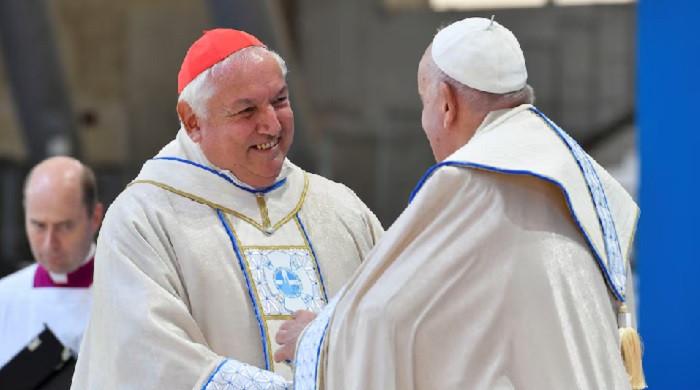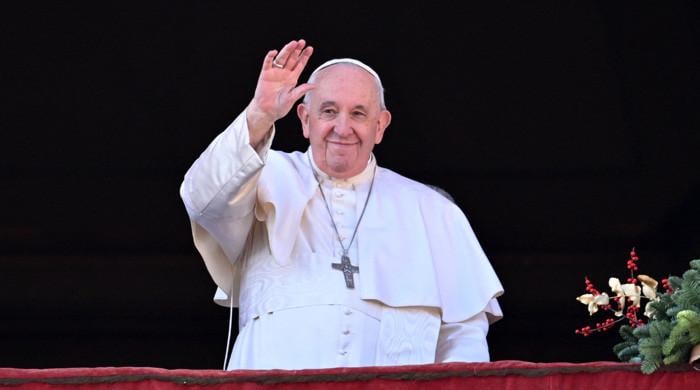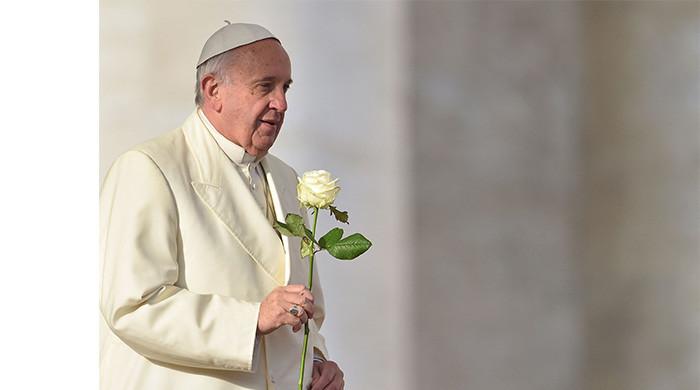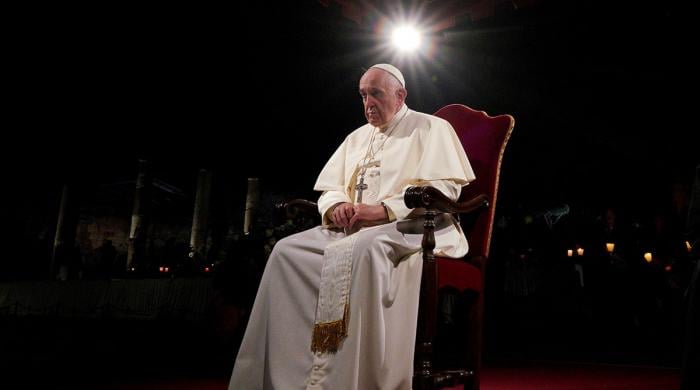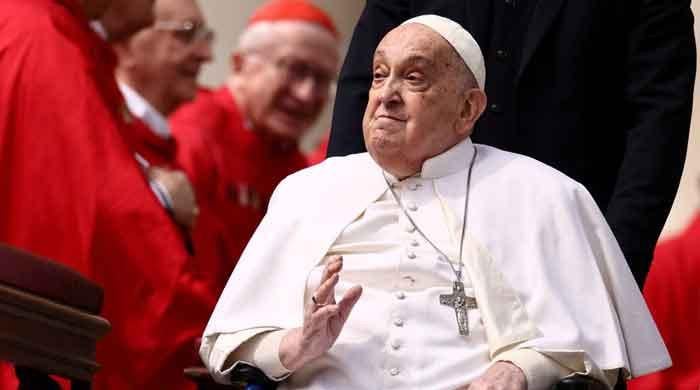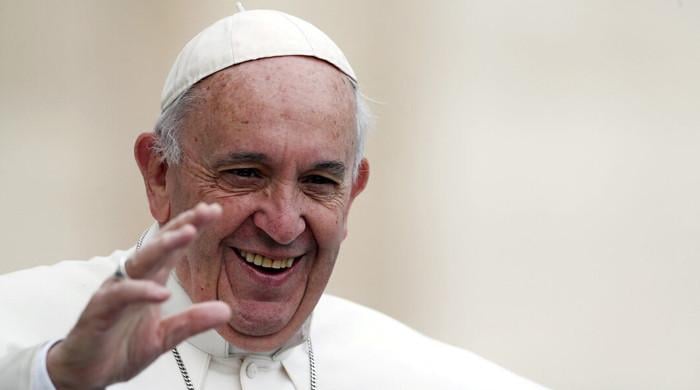PM Abadi ahead in Iraqi election, followed by Sadr
Iraqis voted on Saturday in the first election since the defeat of Daesh inside the country
May 13, 2018

BAGHDAD: Prime Minister Haider al-Abadi’s list appears to be leading in Iraq’s parliamentary election followed by influential cleric Moqtada al-Sadr’s alliance, an election commission source and a security official told Reuters.
The sources cited unofficial initial results.
Iraqis voted on Saturday in the first election since the defeat of Daesh inside the country. Final results are expected on Monday.
Turnout was low at around 45 percent, according to the election commission.
Abadi, a rare ally of both the United States and Iran, was mainly concerned with fending off Shia groups other than Sadr’s alliance, which are seeking to pull the country closer to Tehran.
Unofficial results compiled by Reuters reporters in southern provinces also indicated that Sadr, a firebrand cleric who led a violent uprising against U.S. troops from 2003-2011, appeared to be making a strong showing.
If the Sadr list finished second, that would mark a surprise comeback by the cleric. He is popular among the poor but has been sidelined by influential Iranian-backed figures.
Iraq holds first nationwide election
Iraq held its first parliamentary election on Saturday since defeating Daesh but few people expects its new leaders to deliver the stability and economic prosperity that have long been promised.
The oil producer has been struggling to find a formula for stability since a US-led invasion toppled dictator Saddam Hussein in 2003, and politics has brought only disappointment to most Iraqis.
The three main ethnic and religious groups — two Arab sects and the Kurds — have been at odds for decades, and the sectarian divisions remain as deep as ever.
Iraqis seem to have little faith that a new parliament will be any more able to tackle their country’s numerous challenges.
Much of the northern city of Mosul was reduced to rubble in fighting to oust Daesh, and it will require billions of dollars to rebuild. The economy is stagnant. Sectarian tensions, which erupted into 2006-2007, are still a major security threat. And Iraq’s two main backers, Washington and Tehran, are at loggerheads.
“I will participate but I will mark an ‘X’ on my ballot. There is no security, no jobs, no services. Candidates are just looking to line up their pockets, not to help people,” said Jamal Mowasawi, a 61-year-old butcher.
Incumbent prime minister Haider al-Abadi is considered by analysts to be marginally ahead, but victory is far from certain.
Once seen as ineffective, he improved his standing with the victory against Daesh, which had occupied a third of Iraq.
But he lacks charisma and has failed to improve the economy. He also cannot rely solely on votes from his community as the voter base is unusually split this year. Instead, he is looking to draw support from other groups.
Even if Abadi’s Victory Alliance list wins the most seats, he still has to navigate the long-winded and complicated backroom negotiations required to form a coalition government.
His two main challengers are his predecessor Nuri al-Maliki and Iranian-backed militia commander Hadi al-Amiri.
Amiri spent more than two decades fighting Saddam from exile in Iran. The 63-year-old leads the Badr Organisation, which was the backbone of the volunteer forces that fought Daesh.
He hopes to capitalise on his battlefield successes. Victory for Amiri would be a win for Iran, which is locked in proxy wars for influence across the Middle East.
Disillusioned with politicians
But many Iraqis are disillusioned with war heroes and politicians who have failed to restore state institutions and provide badly needed health and education services.
Critics say Maliki’s sectarian policies created an atmosphere that enabled Daesh to gain sympathy among some Sunnis as it swept across Iraq in 2014.
Maliki was sidelined soon afterwards, after eight years in office, but now feels ready to make a political comeback.
In contrast to Abadi, with his cross-sectarian message, Maliki is again posing as Iraq’s champion and is proposing to do away with the unofficial power-sharing model in which all the main parties have cabinet representatives.
Maliki, who pushed for US troop withdrawals, and Amiri, who speaks fluent Farsi and spent years in exile in Iran during the Saddam era, are both seen as much closer to Tehran than Abadi.
“It’s the same faces and same programs. Abadi is the best of the worst; at least under his rule, we had the liberation (from Daesh),” said 50-year-old fishmonger Hazem al-Hassan.
After the fall of Saddam, Iraqis put decades of brutal repression and costly military adventures behind them. But the US occupation was followed by an insurgency and an al Qaeda campaign of bombings that triggered a civil war.
Then Daesh imposed a reign of terror across vast areas.
Ever since Saddam fell, ending decades of dominance by the Sunni minority, senior government positions have been unofficially split between Iraq’s main groupings.
More than 7,000 candidates in 18 provinces, or governorates, are running this year for 329 parliamentary seats.
The constitution sets a 90-day deadline for a government to be formed after the election results are formally announced, and the horse-trading can be protracted.
“There is no trust between the people and the governing class,” said Hussein Fadel, a 42-year-old supermarket cashier. “All sides are terrible. I will not vote.”







